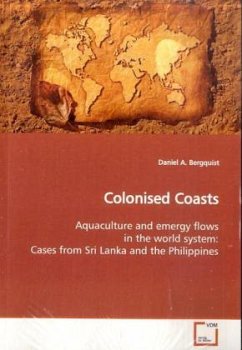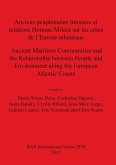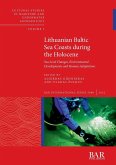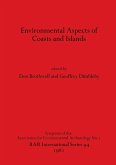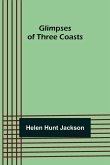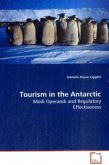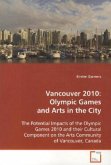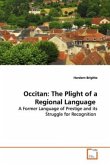This book takes on human-nature interconnectedness
and the interplay between global capitalism, natural
resource use and development in the South,
exemplified by transdisciplinary field studies of
coastal aquaculture in Sri Lanka and the
Philippines.
Experiences among local farmers and aquaculture
dependence on a variety of local and global human
and environmental resources and processes are
studied in the light of world- and general systems
theories and emergy. The study shows that local
benefits and environmental impacts from aquaculture
are dependent and embedded in processes at a
multiplicity of scales; ranging from the local to
the global.
The book also exemplifies and visualises the
organisation and effects of global capitalism for
the environment and people in the South.
Furthermore, it aims to make a contribution to
transdisciplinary theory and sustainability
assessment; something that will be crucial in the
transition into a fairer and more sustainable world.
and the interplay between global capitalism, natural
resource use and development in the South,
exemplified by transdisciplinary field studies of
coastal aquaculture in Sri Lanka and the
Philippines.
Experiences among local farmers and aquaculture
dependence on a variety of local and global human
and environmental resources and processes are
studied in the light of world- and general systems
theories and emergy. The study shows that local
benefits and environmental impacts from aquaculture
are dependent and embedded in processes at a
multiplicity of scales; ranging from the local to
the global.
The book also exemplifies and visualises the
organisation and effects of global capitalism for
the environment and people in the South.
Furthermore, it aims to make a contribution to
transdisciplinary theory and sustainability
assessment; something that will be crucial in the
transition into a fairer and more sustainable world.

